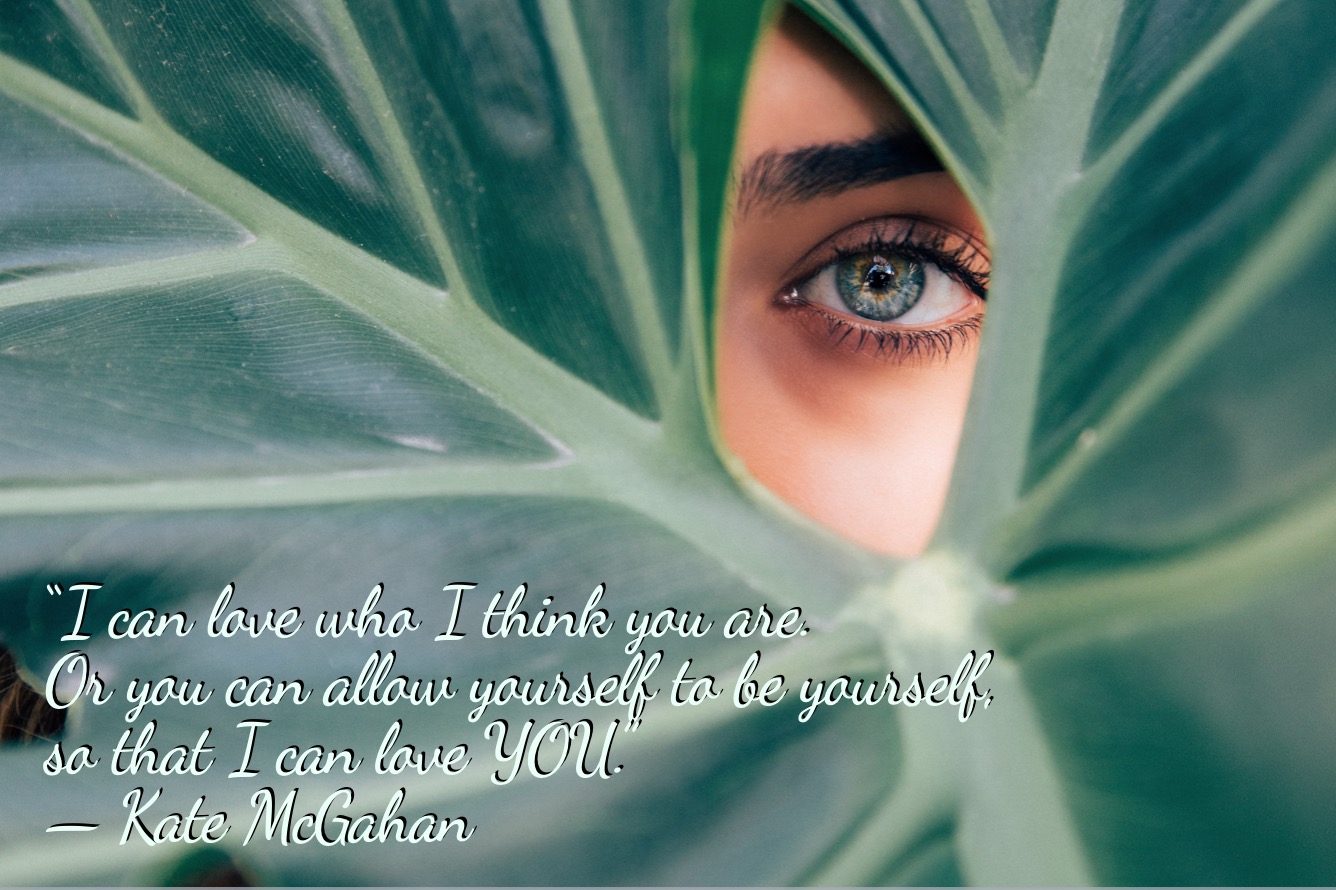“I’m coming out of the spiritual closet.”
I was talking with a good friend, a coach and spiritual channel, who as far as I had seen had never been particularly inside the closet. But there were apparently other realms of her life where she had to rein back, edit herself, be less than fully frank about her capacities. She was feeling out of integrity, and was resolving to bring her full self to all aspects of her life and work.
A few days later, I was talking with another friend, who is fully vaccinated, but had a seriously painful health issue that started within 24 hours of the second vaccine and lasted for many months. She is in favour of the freedom to choose in relation to the Covid jab, but noticed that she was hesitating about coming out of the vaccine closet to say this publicly.
I’m going to hazard a guess and say that we all have some beliefs, habits, or other aspects of ourselves that we conceal – out of shame, fear of judgement, fear of not being liked, fear of the social media storm we might provoke.
I know I do.
This can be especially troublesome if we believe something that goes to the core of the tribe we identify with – be that a political tribe, social tribe, corporate tribe, cultural tribe or family tribe.
I admire the courage of those who come out of their closets, like Russell Brand on his addictions, Charles Eisenstein on the vaccine, whistleblowers, gay or other gender-nonconforming people, and political dissidents. It goes against the evolutionary grain to risk expulsion from our tribe for holding a different view.
I recommend Ash Beckham’s TEDx talk about closets. As she says:
“At some point in our lives, we all live in closets, and they may feel safe, or at least safer than what lies on the other side of that door. But I am here to tell you, no matter what your walls are made of, a closet is no place for a person to live.”
Maybe sometimes the reaction to our de-closeting is every bit as bad as we imagine. Often, it won’t be.
How much importance do we want to place on what other people think of us, compared with how we feel when we look in the mirror and know that we are not in integrity? The calculus will be different for everybody. Some will stay in the closet forever. Others will decide that they need to alleviate the discomfort of dishonesty.
Only a sociopath doesn’t care at all what others think of them. But maybe we sometimes care too much about the opinions of people who aren’t really important. As Dr Seuss says:
“Those that mind don’t matter, and those that matter don’t mind.”
Do we do a disservice to society when we don’t take a stand? When we do claim our truth, might we liberate others to come into their own integrity?
And one day, might we reap the whirlwind of our complicity in silence?
“First they came for the socialists, and I did not speak out—
Because I was not a socialist.Then they came for the trade unionists, and I did not speak out—
Because I was not a trade unionist.Then they came for the Jews, and I did not speak out—
Because I was not a Jew.Then they came for me—and there was no one left to speak for me.”
(https://en.wikipedia.org/wiki/First_they_came_…)
Featured Photo by Drew Dizzy Graham on Unsplash

